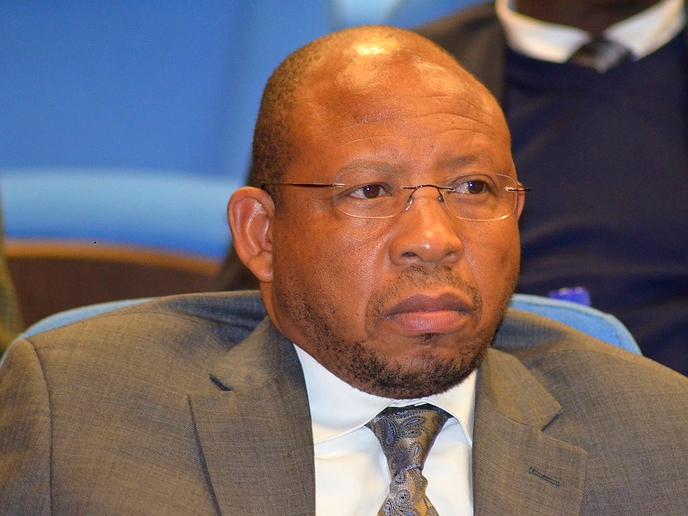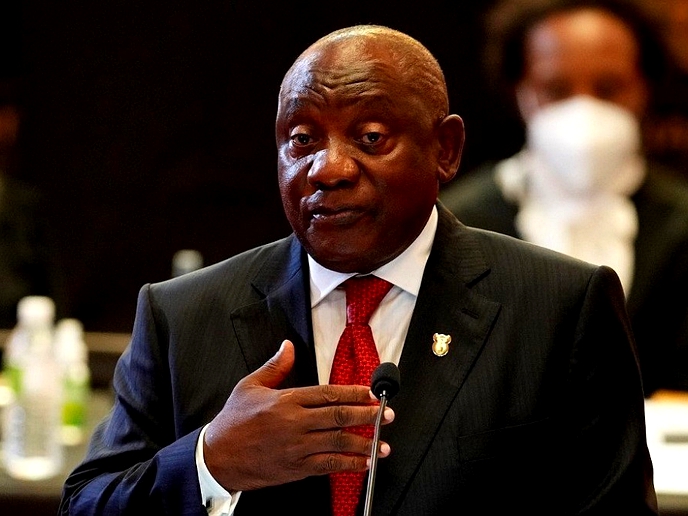OFTEN, government intervenes in the market of goods and services to control abnormal profits, where monopoly is usually the culprit.
comments
June 24, 2022
EDITOR
2 min read
Taxi operators are on their own

Story highlights
Yet for many years, government has tightened the noose around the taxi industry that you begin to wonder if it is meant to prevent the abuse of market power or to kill the industry altogether.
It is not clear how controlling taxi fares to a point where many operators run out of business helps to achieve a more efficient allocation of resources unless the policy is an end in itself. State’s intervention in controlling taxi fares has failed to keep up with inflation and, up to now, it is unclear how they arrive at the prices.
Obviously, one of the few indigenous businesses that has been able to create jobs for hundreds of Basotho, where government has failed, the rules and regulations are not conducive to the taxi industry business if price controls cannot be cost reflective.
It seems government has no slightest idea what it takes to run the taxis.
If you look at the taxi fares, you realise there is no economic basis on which they are founded. At face value, the taxi fares cannot present a positive cash flow considering the cost of fuel whether or not it is subsidised. It should not take a rocket scientist to observe that the paltry fares cannot cover running expenses like wages, fuel, and periodic maintenance of tear and wear. In fact, going into the taxi business is an absolute risk given the apparent distortions of such price controls that have become blunt instruments for an ailing economy.
Government needs to find solutions to commuters earning living wages instead of sitting on taxi prices, making the industry a scapegoat. It is worrying that for years none of the ruling policymakers have been able to fix the economy except to fix maximum or ceiling taxi fares. Demand and supply are the key words in any economy and it means any sort of interference including regulation will tamper with the market forces.
Enjoy our daily newsletter from today
Access exclusive newsletters, along with previews of new media releases.
The emphasis is on government doing analytical study of the taxi industry for fairness before they can fiddle with prices. Setting prices below equilibrium is a highly inefficient way of assisting poor commuters at the expense of taxi operators. It also means employers who are supposed to pay better salaries so that commuters can pay cost reflective fares are protected and manage to make extra profits when taxi operators suffer losses.
Taxi operators are on their own as consumers, employers, trade unions, politicians are all impressed with what is going on and are satisfied with the flat taxi fares. Everybody is in a comfort zone, which has let government to relax since there is no pressure to intervene in other sectors of the economy to relieve the taxi industry. While the taxi operators continue to suffer under all the regimes for bad prices, in the end, it is their families that are getting poorer.
Tailored for you






